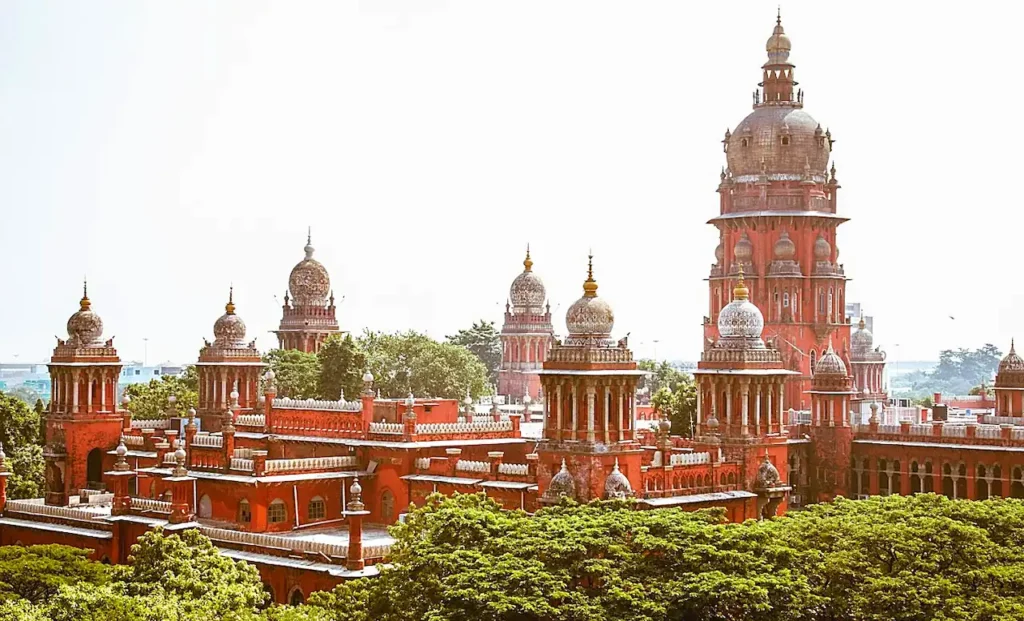The Madras High Court has dismissed petitions filed against the allocation of a separate quota for in-service government doctors and the granting of weightage marks based on services rendered in rural and hilly areas for admissions to postgraduate medical courses. The court emphasized the importance of encouraging in-service doctors to continue serving in government healthcare institutions, particularly in underserved regions.
The petitions, submitted by seven non-service doctors, challenged regulation 9(4) of the Post Graduate Medical Education Regulations 2000 and a government order from November 7, 2020, which provided reservations for in-service doctors. The petitioners also raised concerns about the weightage marks assigned to in-service candidates working in rural and hilly areas.
Chief Justice SV Gangapurwala and Justice PD Audikesavalu of the first bench expressed the view that in-service candidates play a crucial role, especially in addressing the pressing public health crisis. The court maintained that ensuring effective medical care in rural, hilly, and remote areas is of paramount importance.
Senior counsel P Wilson represented the Tamil Nadu Medical Officers Association, while Advocate General R Shunmugasundaram and Additional AG J Ravindran appeared on behalf of the state government and the directorate of medical education (DME).
In a separate ruling, the Madras High Court has ruled against the retroactive enforcement of an amendment to the Registration Act. This amendment aimed to levy an 11% fee for the registration of sale certificates obtained after purchasing properties through bank auctions. Justice R Suresh Kumar directed that the amendment’s enforcement should begin on March 23, 2023, the date when the corresponding government order was issued, and not retroactively.
The court directed the registration department to proceed with registering sale certificates in Book No. 1 of the registering authority as per section 89(4) of the Registration Act, without collecting the 11% charges. Referring to stamp duty and registration charges already paid by some petitioners, Justice Kumar ordered the department to refund these charges, along with 6% interest from the date of receipt until repayment.
The court’s decision came in response to the petitions filed by purchasers who were compelled to pay 7% stamp duty and 4% registration fees for auctioned property sale certificates. After the Supreme Court invalidated such charges, the state government amended the Registration Act to introduce an 11% filing fee.

